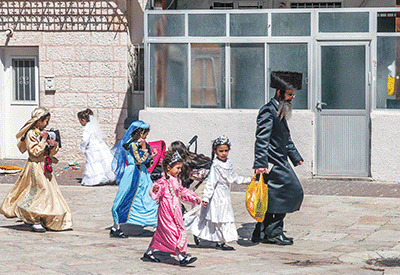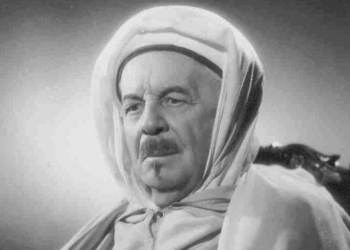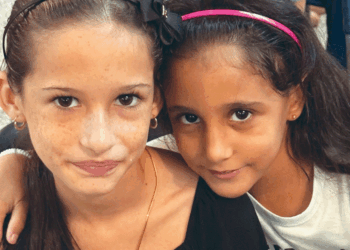By JOHN OSTFIELD
Purim should be canceled this year! Why is that true?
The Book of Esther, with its combination of the fear of an oppressed people and in the end a triumph over their enemies with an ensuing massacre, is the fantasy of the powerless people always under threat. That story, in the context of Jews today having the powerful state of Israel, has proven to be very dangerous. Purim is rabbinic, so there is no halachic problem with making changes.

This year Purim occurs during the holy month of Ramadan, as it did 30 years ago. At that time, which was only a few months after the signing of the Oslo Accords on the White House lawn, everyone was waiting to see what would happen next.
On that Purim, a Jewish American terrorist, Benjamin (Baruch) Goldstein, wearing his Israeli army uniform, fully armed, walked past Israeli army sentries who knew him into the Ibrahimi Mosque (Cave of the Machpela) in Israeli-occupied Hebron. He proceeded to fire on the Palestinians at prayer, killing 29 of them and injuring more than 100 before he was stopped.
Prime Minister Yitzhak Rabin thought like a general and not a prime minister. He tried to “keep order” in the Palestinian areas, which led to the Israel Defense Forces killing 20 more Palestinians, thus suppressing the victims rather than the victimizers.
Rabin’s failure to repress the settler movement, the real terrorists, led to his eventual assassination by a Jewish extremist and the collapse of the peace process. Two years after the Goldstein mass murder in Hebron, on erev Purim, Hamas struck back with a suicide bombing outside of Tel Aviv’s Dizengoff Center, killing 13 Israelis. Many congregations canceled Purim festivities that year.
Does anyone really believe that the massacre we are witnessing, where over 100,000 people have been killed, injured or are missing in Gaza since October 7, will not produce an even more horrific response?
Traditionally on Purim, Jews are supposed to observe Shabbat Zachor, then joyously read Megillat Esther, celebrate with one’s friends with a party and a holiday meal, send mishloach manot (gifts of sweets) and give tzedaka. This year we need to find another way to observe Purim.
We need to start with Shabbat Zachor (Shabbat of Memory). Instead of reading the traditional maftir, which calls on us to remember what Amalek did, we need to find a memory of peace and reconciliation. There has been too much loose talk about remembering Amalek among the implicit calls for genocide from Israeli leaders.
We should read Megillat Ester while sitting on the floor with candles to the nusach (melody) of Eicha (Book of Lamentations) and not read the last chapters that talk about Jewish vengeance and massacres.
As for a party and the meal, we should have quiet gatherings where we discuss what’s really going on and what Jewish values call us to do. The meal should consist of a tiny piece of pita with a drop of water.
As for mishloach manot, we should be sending food to Gaza to relieve the famine there that has been imposed by the Israeli government.
As for giving tzedaka, we should be sending money to Palestinian relief agencies to try to mitigate the suffering that has been imposed in our name.
There should be no Purim carnivals. We should use this as a teaching moment for our young people to understand that Palestinian children are suffering, and it is not fair to party during that time. The explanations need to be age appropriate, but we need to be honest.
This I believe is the only moral way to observe Purim in 2024.
***
John Ostfield lives in St. Paul.
(American Jewish World, March 2024)




















